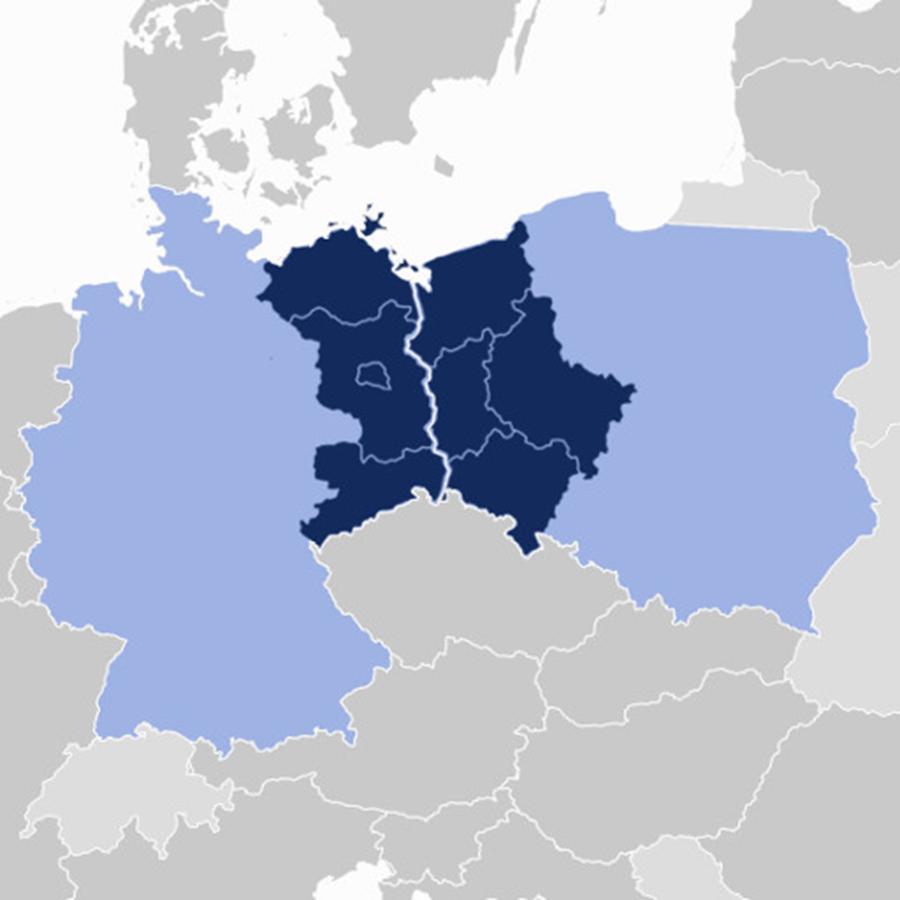What?
The German-Polish Intergovernmental Commission for Regional and Cross-border Cooperation (GPIC-RCBC) is a bilateral body which was established in April 1991, in Görlitz (Germany), to solve cross-border problems and support cooperation between the two countries at different levels. Since then, the GPIC-RCBC has taken on three major duties, which have remained unchanged over time:
- Fostering cooperation between German and Polish private and public entities, including regional and local institutions and associations;
- Encouraging cross-border initiatives and interventions by making recommendations and
- Providing information.
Where?
Border regions between Germany and Poland

Link: https://www.kooperation-ohne-grenzen.de/de/
How?
The GPIC-RCBC was established in 1991 by the German-Polish Neighbourhood Treaty on good neighbourliness and friendly cooperation. It meets once a year, alternately in Germany and Poland, and representatives of the European Commission are also invited to take part in these meetings. In particular, the GPIC-RCBC relies on the work of its four committees which are responsible for the following areas: cross‑border cooperation, spatial planning, interregional cooperation, and education. It is also worth noting that, even if it is an intergovernmental body, many of its members are representatives of regional authorities along the border. Finally, the GPIC-RCBC does not have its own financial resources, but an important contribution to cooperation in the area is provided by the European Union through German-Polish cooperation programmes INTERREG VA (Mecklenburg-Western Pomerania / Brandenburg-Poland, Brandenburg-Poland and Poland-Saxony).
Results:
The GPIC-RCBC activity has turned out to be useful to overcome barriers hindering cross-border actions. The consultations within the GPIC-RCBC represent an effective way of exchanging ideas and identifying key problems, for example, considerable progress has been made in the field of transport cooperation. Since 2014, the spatial planning committee has also developed the “Joint future concept 2030 for the German-Polish interdependent area”, an integrated planning vision that shows how the area on both sides of the Oder and Lusatian Neisse rivers should look by 2030.
Further Information Available at:
- Piesakieties sistēmā, lai varētu publicēt komentārus

